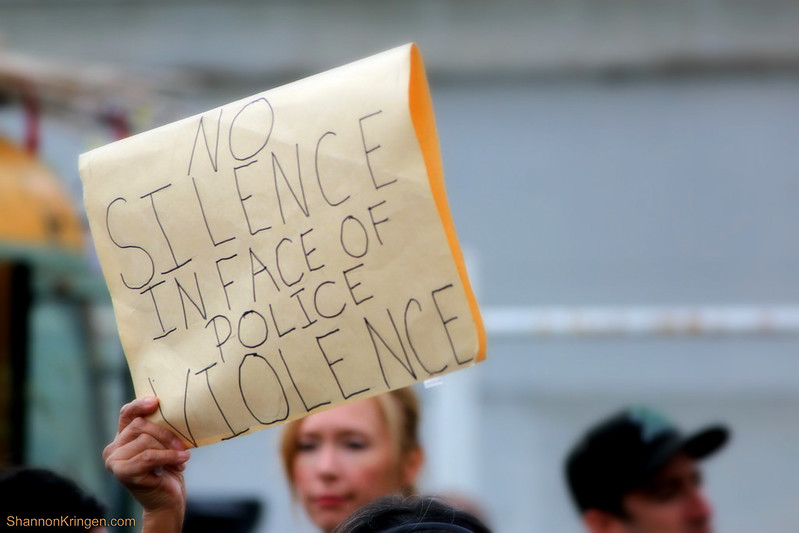Unsettling news came from Greece on Monday when riot police invaded the Economic University of Athens. The police threw chemicals at the crowds of university students protesting against the newly announced decision from the Board of Rectors to shut down university-teaching from 11 to 17 of November. Some made the case of five injured students, with one receiving a severe head injury.
The situation constituted a haunting image for the Greek people; the events took place only six days short of the annual national celebration that commemorates the student protestors killed in 1973 by the invasion of Greek Junta’s tanks in the Polytechnic University of Athens, where uprisings against the military dictatorship of General Papadopoulos were taking place.
The two incidents, unfortunately, draw close similarities. Some people alleged that the situation at the Economic University constituted a crime against democracy. Many headed towards the University to show solidarity to the students and stop the riot police’s blockade at the University’s entrance. The incident followed a huge march at the center of Athens and the denouncement of Police’s actions by the Board of Rectors of the Polytechnic University of Athens. But how did this happen?
Four months ago, on July 7th, the Greek conservative party, “Nea Dhmikratia” (New Democracy) won the general elections with an outstanding 40 percent mandate. One of their main policies was to reverse the so called “University Asylum”, a policy implemented by the left wing, SYRIZA party (a coalition of the radical left), which prevented police forces from entering the areas of the University unless authorized by the Board of Rectors, or in cases of felonies. The Asylum intended to protect the rights to research, freedom of expression and exchange of ideas, which constitute inseparable values of a University. The new government claimed that the Asylum made the Police Forces unable to act on illegal activities taking place inside the Greek Universities and, after an enormous debate that dichotomized Greek society, they delivered on their promises and removed it.
The Greek people, for the first time in a while, got a taste of what police involvement within their Universities looks like. A taste they could barely remember since 1973. However, this situation may not have come as a surprise to most of them. Ever since Kyriakos Mitsotakis, the new Prime Minister entered the Maximos Mansion – the official seat of the Greek Prime Minister – cases of police extremism have sky-rocketed. Only two days before this crisis, on Saturday 9th of November, police forces entered a club in Gazi, an operation described by Greek Newspaper, Efsyn, as resembling a “raid”. Furthermore, less than a month ago, an incident went viral and was severely criticized in Greek social media. Witnesses made the case of ten police officers entering a cinema theatre, while the movie “Joker” was projected, pulling out underage teenagers who were watching a movie with age restrictions. People pointed out that such occurrences resembled elements of totalitarian regimes and not Democratic Republics. Similar brutality has been seen in many more aspects of the contemporary Greek society, especially in the police’s treatment of refugees.
But what was to be expected from a police force whose trade union vice-president, Stavros Mpalaskas, referred to human beings of Exarcheia, specifically refugees and protesters residing there, as “trash” and “dirt” on live television. Before I left for my studies in the UK, everywhere I walked in Athens, a police van with rifle-armed police officers patrolled the city, as if a robbery was underway.
It is certainly reasonable for police officers to assume that they have got the authority to stumble upon the rights of Greek citizens, in the incidents described above, when a deeply conservative government did not condemn their extremist actions from the very beginning. Is this what the Greek Prime Minister meant when he was referring to “return to normality”? How far will this police extremism go?
Image credit: Shannon Kringen

